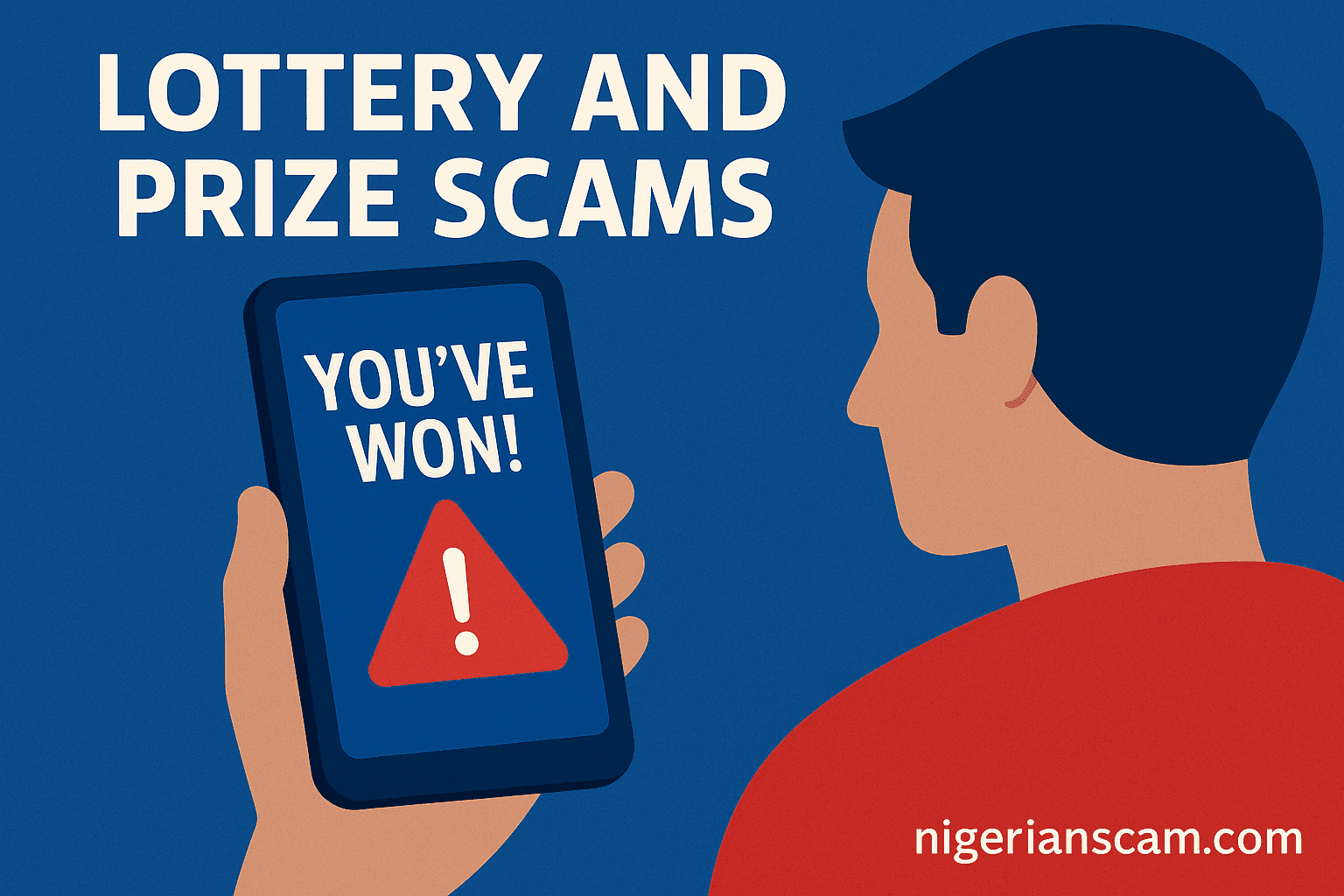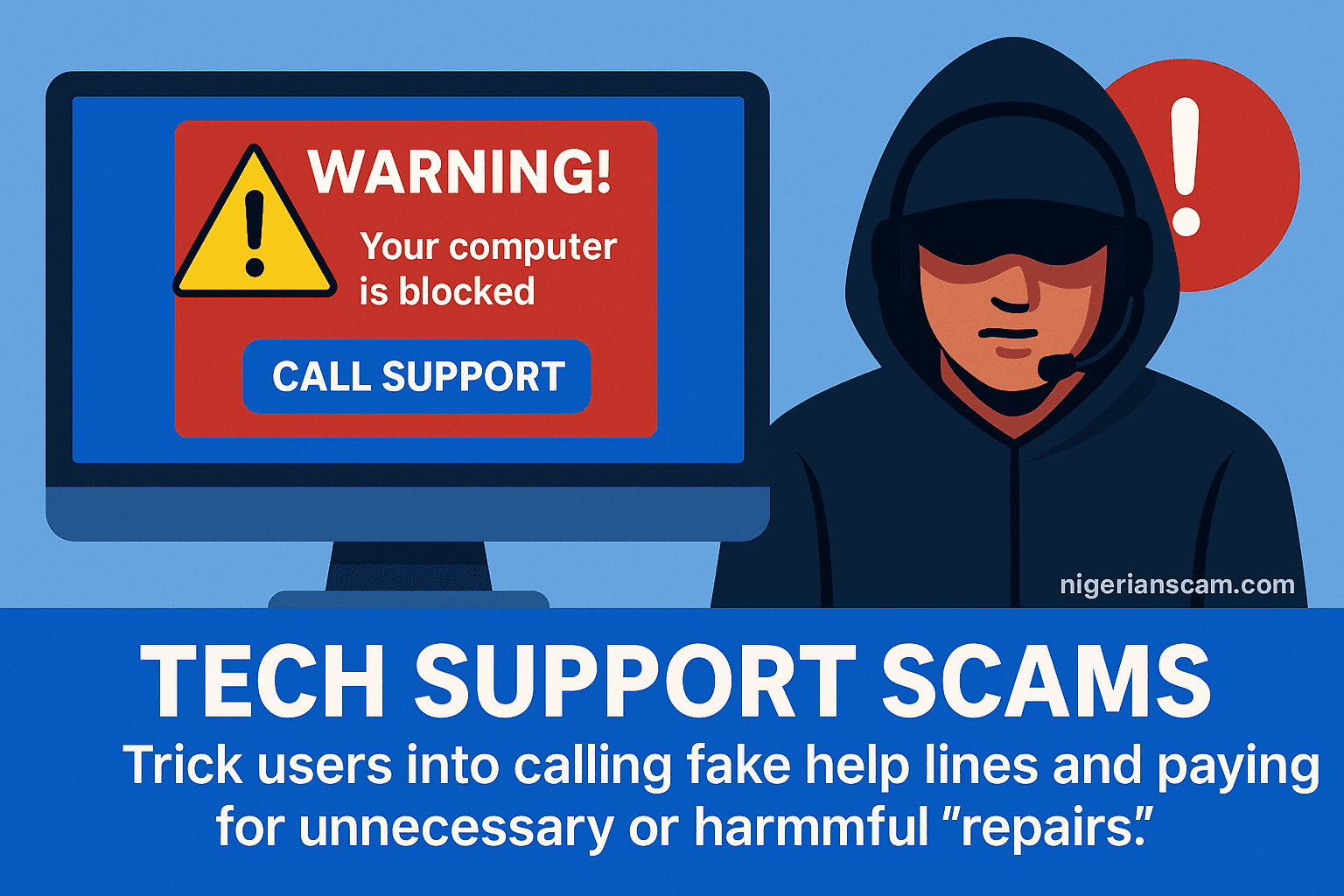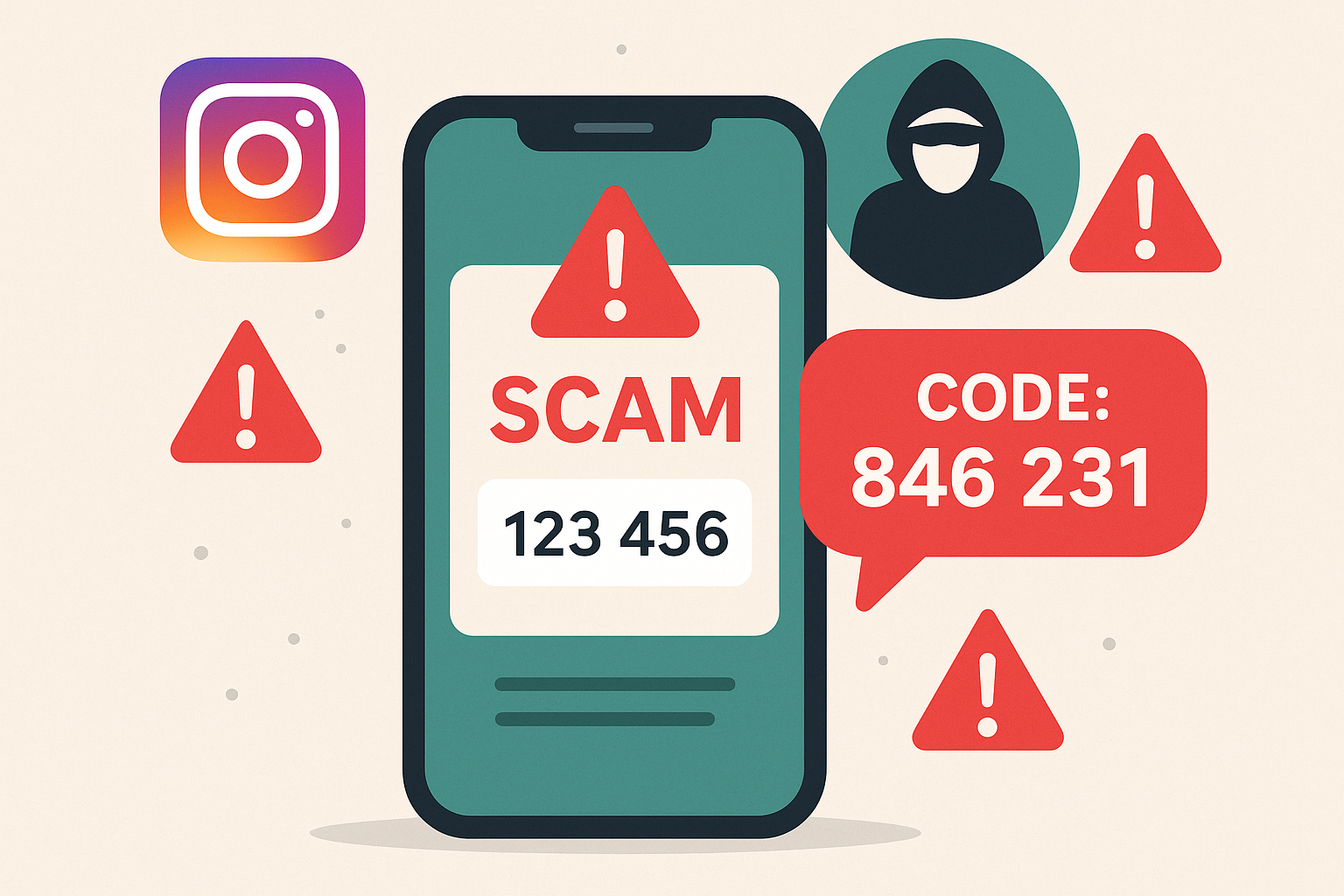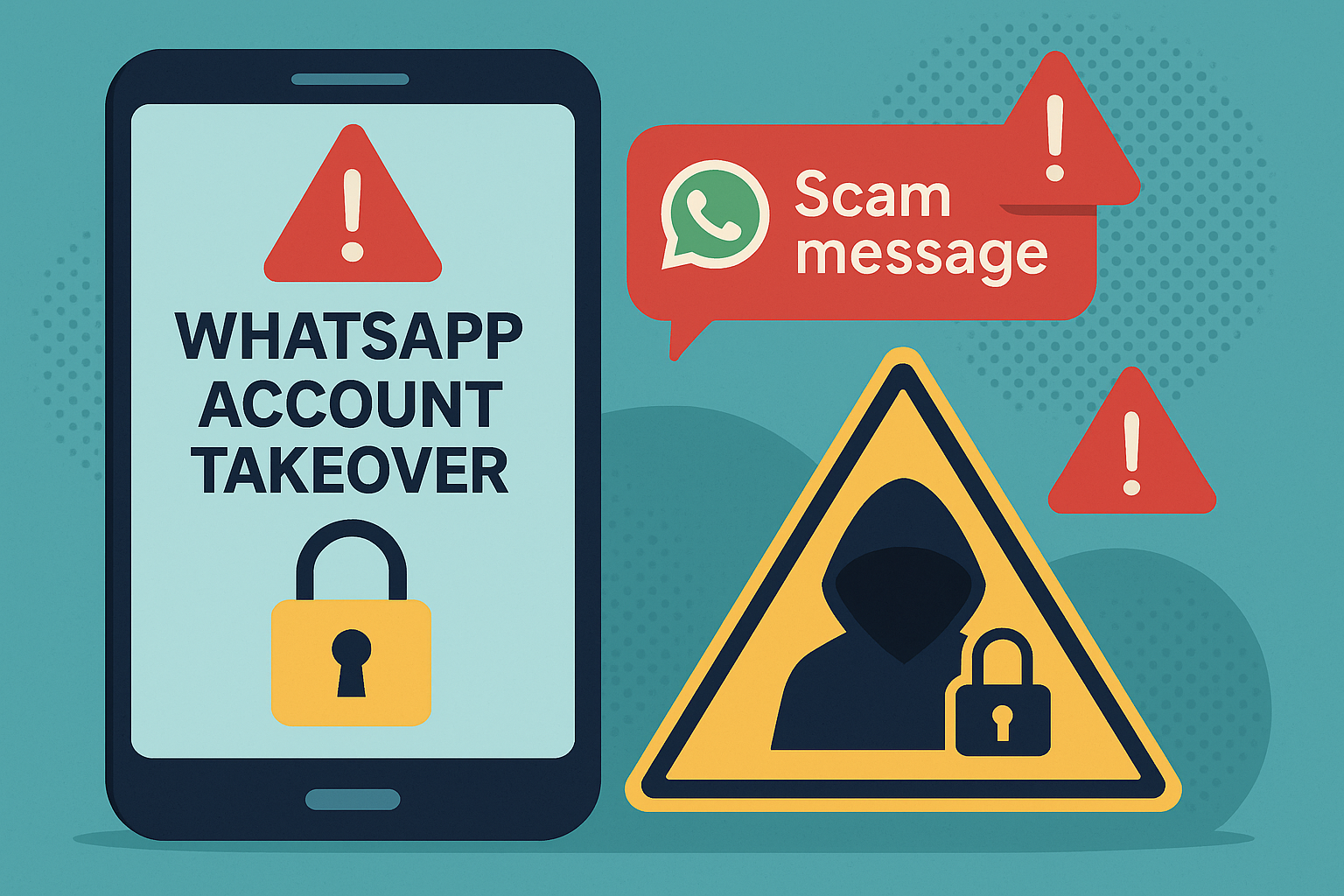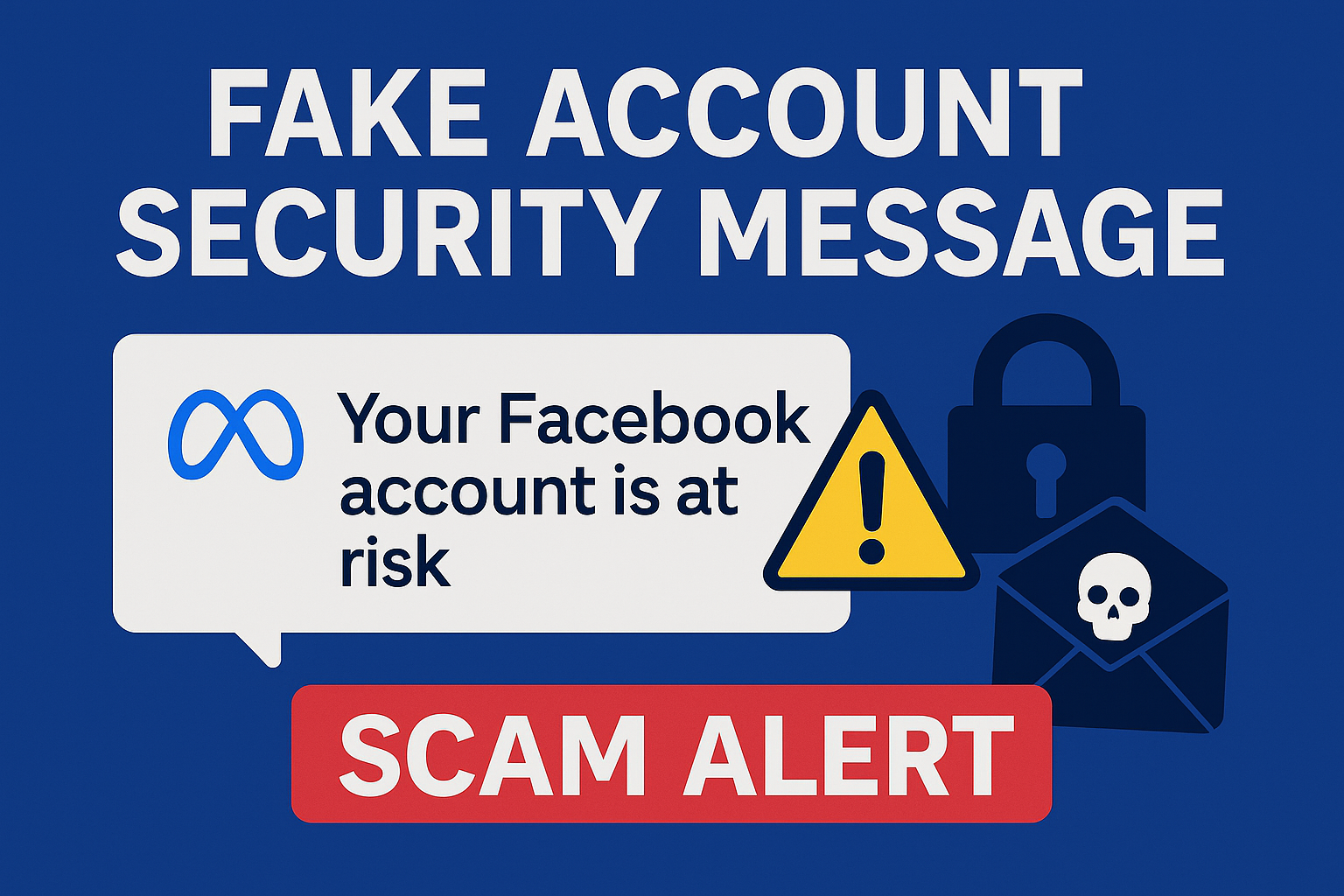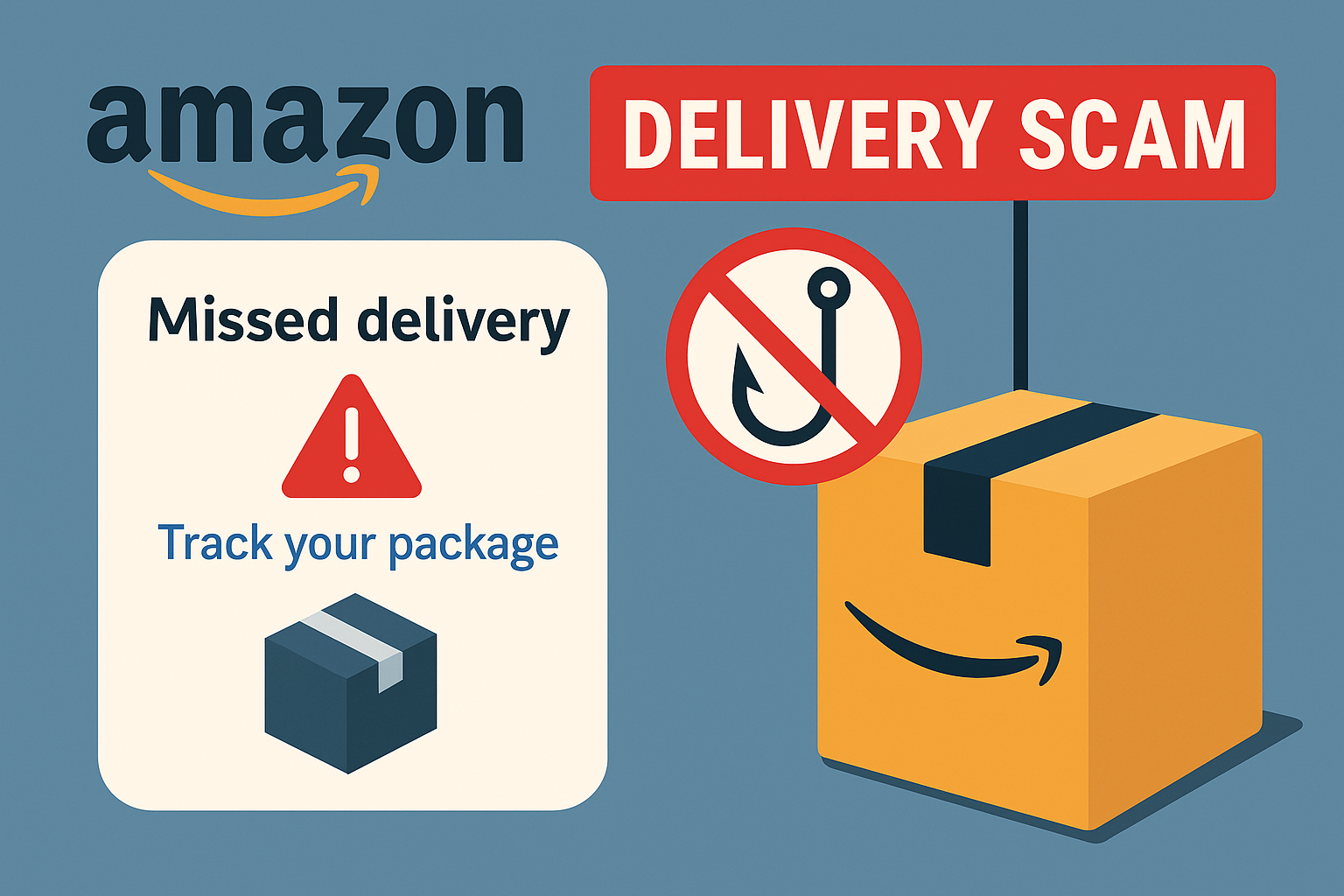Imagine receiving a message that says you’ve just won a fortune — a luxury car, a dream vacation, or millions in cash. The excitement hits instantly. You might even recall entering a contest you’ve long forgotten. But before you can celebrate, there’s a catch: you need to pay taxes, processing fees, or verification charges before you can claim your prize.
That’s how lottery and prize scams begin — not with luck, but with manipulation. These scams use the thrill of winning to cloud judgment, transforming joy into loss. For decades, they’ve been among the most successful forms of consumer fraud, and in the digital age, they’ve only grown more convincing.
How Lottery and Prize Scams Work
Scammers contact victims through email, phone, text, or even postal mail. They claim the person has won a major sweepstake, raffle, or international lottery. Some use the names of real contests like the “Mega Millions,” “Powerball,” or “Microsoft Lottery” to sound official.
The message looks professional, complete with logos, signatures, and even “certificate numbers.” It congratulates the recipient and instructs them to contact a claims agent immediately to process their winnings.
Once communication begins, the scammer’s goal is simple — extract money and information. They may ask for:
- Upfront fees for taxes, delivery, or customs clearance.
- Personal information such as bank details or government ID to “verify identity.”
- Payment through wire transfers, crypto, or gift cards, which are nearly impossible to trace.
Some victims even receive counterfeit checks as part of the deception. When deposited, the funds appear to clear temporarily, prompting victims to send money back for “fees.” Days later, the bank reverses the transaction, leaving the victim responsible for the full amount.
The Psychology of “Winning”
Lottery scams work because they trigger a powerful emotional response: hope. The idea of sudden wealth activates the imagination — paying off debts, helping family, or starting fresh. Scammers know this, and they use excitement to override caution.
They also exploit social norms. Many victims fear missing an opportunity or appearing ungrateful for their good fortune. Phrases like “Act quickly or your prize will be forfeited” create urgency, while the tone of authority — official letters, agent titles, or congratulatory phone calls — reinforces belief.
Victims often describe feeling torn between skepticism and possibility. The scammer’s language feeds that tension until curiosity wins out.
Common Variations
1. International Lottery Scams
Victims are told they’ve won a foreign lottery in a country they’ve never visited. Scammers claim the winnings are held overseas and require fees for currency conversion or international taxes.
2. Fake Government or Corporate Sweepstakes
Messages claim to come from large organizations or ministries, adding legitimacy. Some even include fake letters from the IRS or customs departments to demand payment before release.
3. Social Media and Messaging Scams
Victims receive messages from “friends” claiming to have won a grant or prize and encouraging them to apply. The accounts are usually hacked or impersonated.
4. Phony Charity Lotteries
Scammers claim proceeds will go to charity, manipulating both greed and goodwill.
Real-World Examples
The Federal Trade Commission reports that lottery and prize scams cause hundreds of millions of dollars in losses annually, especially among older adults. In one U.S. case, a 78-year-old man sent more than $50,000 in “processing fees” after being told he had won a luxury car. The scammer contacted him daily for weeks, maintaining a friendly, professional tone.
Another example involved fake messages claiming to be from the “Facebook Lottery Department,” congratulating winners for being “loyal users.” Victims were asked to pay taxes in advance to release their prize — a classic twist on the same deception.
Red Flags to Watch For
- You’re told you’ve won a contest you never entered.
- You must pay money to claim your prize.
- The message urges secrecy or immediate action.
- The sender uses free email addresses or foreign phone numbers.
- You receive a check and are asked to send back part of the funds.
If any of these appear, stop communicating immediately. Real lotteries never charge winners to collect prizes.
What to Do If You’ve Been Targeted
If you’ve already sent money or shared information, contact your bank and request a reversal or fraud hold. Report the incident to your country’s fraud authority — such as the Federal Trade Commission, the Canadian Anti-Fraud Centre, or Action Fraud in the U.K.
If you received a counterfeit check, notify your bank before attempting to deposit it. Forward scam emails and messages to relevant agencies, and block the sender.
Why People Don’t Report
Shame is one of the biggest reasons victims stay silent. Admitting you fell for a “too good to be true” story can feel humiliating, but silence only protects scammers. Sharing your experience, even anonymously, helps investigators track patterns and warn others. The embarrassment fades — the awareness saves others.
Conclusion
Lottery and prize scams endure because they exploit something deeply human — hope. The belief in luck, in life turning suddenly for the better, has no age limit. But in the hands of criminals, that hope becomes bait.
Real lotteries don’t contact winners out of the blue. They don’t demand payment, secrecy, or speed. The next time a stranger says you’ve won big, pause and ask yourself one simple question: Did I even enter?
If the answer is no, the only thing you’ve won is a scammer’s attention.
